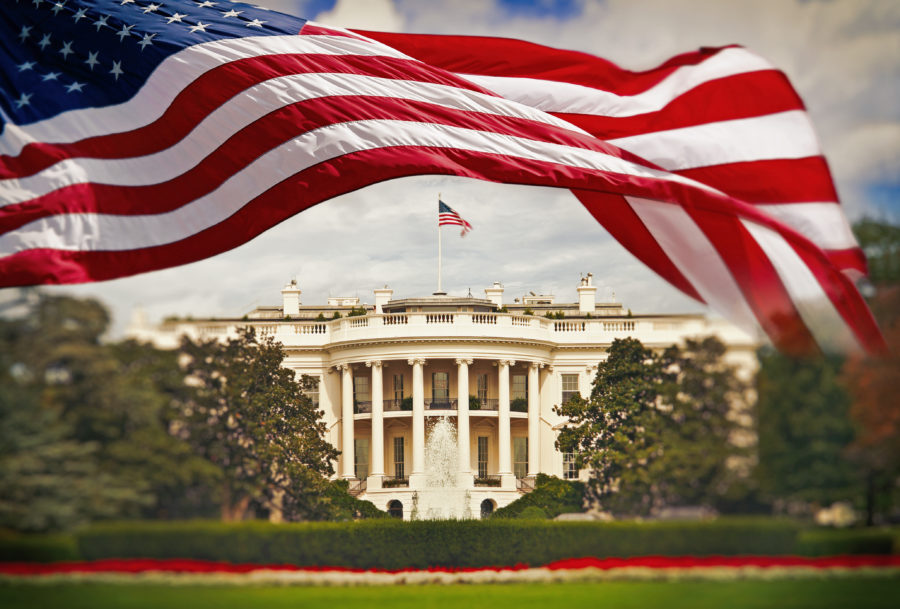Kaduna-based Islamic cleric Sheikh Ahmad Gumi has reignited debate over Nigeria’s worsening insecurity, arguing that the country must prioritize confronting perpetrators of violence rather than focusing first on victims.
Appearing on Channels Television’s Morning Brief on Tuesday, Gumi likened the crisis to a medical emergency.
“When you have an emergency, you can only be concerned about stopping the bleeding, not even the fracture, maintaining the cardiovascular potency,” he said.
According to him, the only way to halt the cycle of killings is to disarm attackers and deprive them of the means to inflict harm.
“Imagine a mad man in the market at night who has stabbed so many people—my approach is to get that knife from the man, not the people who are injured,” he explained.
Rehabilitation Over Retaliation
Gumi stressed that his stance does not mean neglecting victims but rather adopting a strategy that prevents further bloodshed. He noted that government agencies and state authorities already exist to provide relief and support.
“The victims have an emergency agency that can take care of them, we have state governors, we have everything to take care of them,” he said.
Instead, he believes the real challenge lies in rehabilitating what he calls “outlaws.” He urged authorities to apply psychological and social engagement strategies to redirect armed groups away from violence.
Drawing on years of firsthand encounters with bandits, Gumi argued that many perpetrators are known to communities and authorities, and that dialogue could be more effective than military campaigns.
He compared the banditry crisis to an untreated illness: “If you want to cure a disease, you have to go back and see the psychologist — what caused the disease.”
Root Causes and Political Barriers
The cleric has long maintained that negotiation, rehabilitation, and reintegration are more effective than force. He insists that poverty, neglect, and cycles of revenge fuel armed groups, and that addressing these root causes is essential for lasting peace.
Gumi also suggested that political disagreements have prevented the government from embracing his approach.
“I have seen this firsthand. This is what will work and government and people have understood that, but I think for political reason, they cannot come together and implement it,” he said.
His comments come amid ongoing debates about Nigeria’s security architecture, including calls for state police and community-based solutions.
“I Can Work for Nnamdi Kanu’s Freedom” – Gumi
The Islamic cleric also said he supports a pardon for the convicted leader of the Indigenous People of Biafra (IPOB), Nnamdi Kanu, if Kanu shows remorse and publicly calls for peace.
“This Kanu that was imprisoned for terrorism for agitating that our soldiers should be killed, if this same Kanu now will show remorse and also call for peace, honestly, I will be in the forefront in calling for his pardon and amnesty for him.
“Look, Shagari, our president, we are from the same town. Shagari gave amnesty to Ojukwu. Look at Umar Yar’Adua; he gave amnesty to the Niger Delta militants, who have also committed acts of terrorism. So, this is how we are.”
Speaking further Gumi reaffirmed his position that Nigeria must prioritize non-kinetic measures in addressing insecurity, particularly in the northern region.
He argued that the country would be safer and more stable if the government embraced dialogue and reconciliation instead of relying heavily on force.
“We have people who are ready to put down their arms, then why do you always decide it has to be kinetic?” he asked.
“Even America could not succeed in Afghanistan, even Israel could not succeed in a small strip of land. Our army is not designed for the gorilla; no army is designed for the kind of people we are showing now, no army is designed for it.
“If you have been following, the Fulani herdsmen have been calling for peace. When you call them for peace, they come with their guns for many reasons.
“Can you call IPOB for peace? Can you call Boko Haram? I think the former president has called for peace, and they came, but now it’s difficult to call for peace again. So, anybody who inclines to peace. I’m with him, I’m telling you,” he concluded.
Rate, Like 👍, Comment 💬, Share this article, Follow us on our social media handles, and Submit your own story to get featured and earn rewards!






